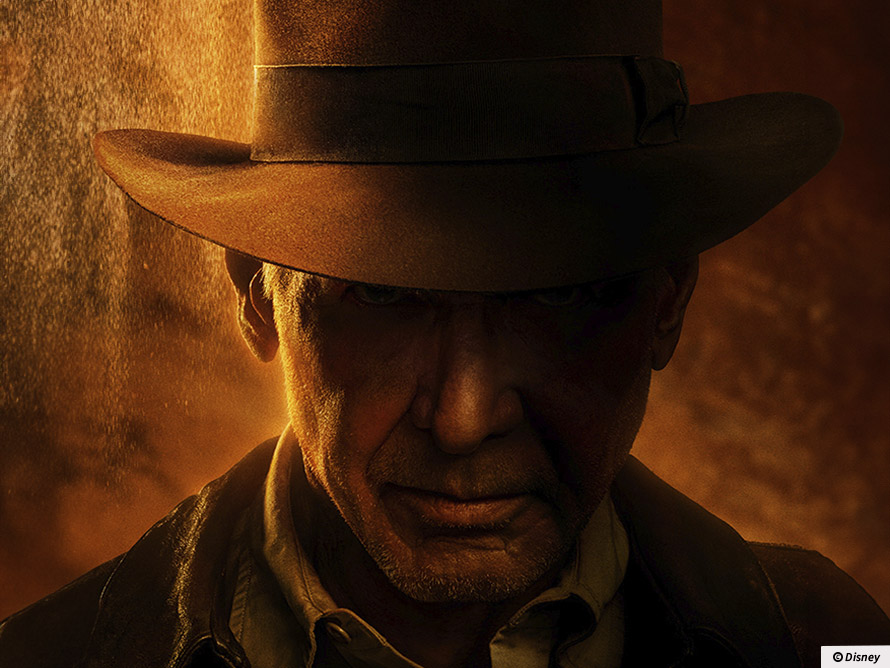Are the films a Christian allegory? A pastor believes the Indiana Jones films depict a spiritual quest. Others think we should stop reading so much into simple blockbuster fun.
Indiana’s thrilling quest for ultimate truth
 Touch of nostalgia: The latest film is expected to make £110 million at the international box office.
Touch of nostalgia: The latest film is expected to make £110 million at the international box office. Glossary
Fedora - A low felt hat with a curled brim.
Silver screen - An idiom that just means a television screen.
Globetrotting - Travelling often to far-flung corners of the globe.
Dastardly - Wicked and cruel.
Diabolical - Devilish or reminiscent of the Devil.
Pastor - A minister in charge of a Christian church or congregation.
Theologically - Relating to the study of God and religious belief.
Analogy - A comparison between one thing and another.
Holy grail - Something that is eagerly sought after. The real holy grail was the cup that Jesus used at the Last Supper, for which Christians searched fruitlessly for centuries.
Allegory - A story or poem that has a hidden moral or political meaning.
Pulp - An inexpensive type of fiction popular in the first half of the 20th Century. Pulp fiction was known for its poor writing and sensational subject matter.
Old Hollywood - Used to describe the golden years of the film industry, from the 1920s to 1950s.
Victorian - The era when Queen Victoria was on the British throne, from 1837 to 1901.
